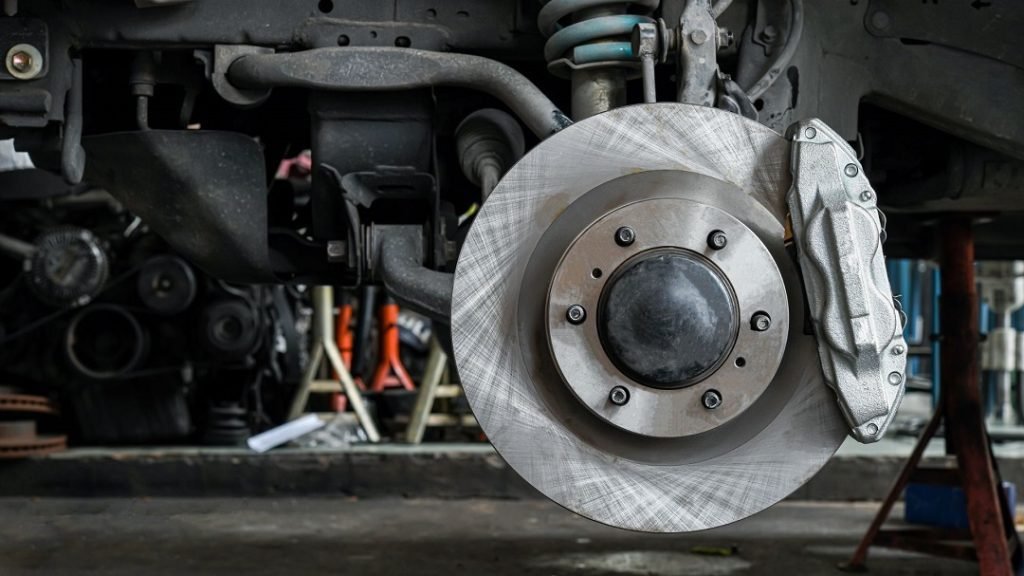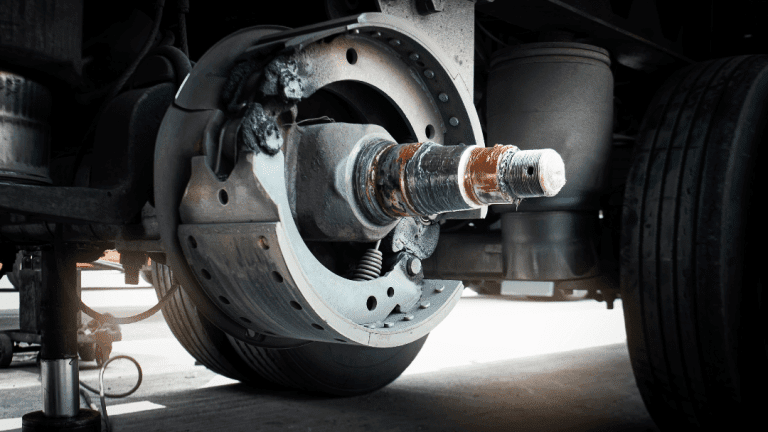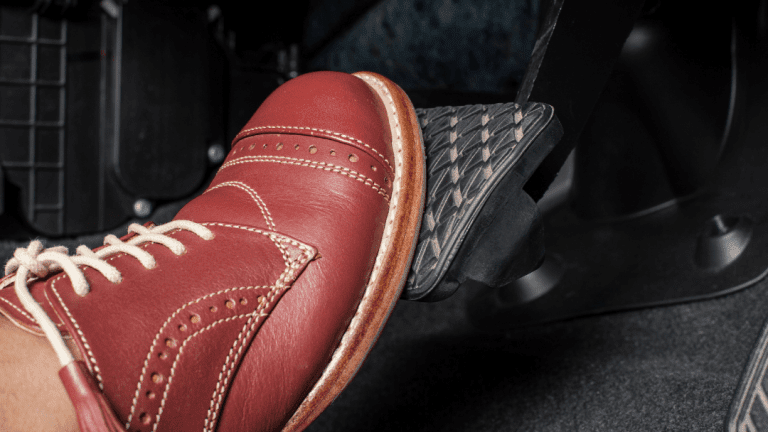Surge brakes are a type of trailer brake system that relies on a mechanical connection between the tow vehicle and the trailer. When the tow vehicle slows down or comes to a stop, this mechanical connection transfers energy to the trailer’s brakes, causing them to activate. Surge brakes are typically found on smaller trailers, such as utility trailers or boat trailers. There are several reasons why boat trailers use surge brakes, including their smaller size and weight, lack of a hydraulic connection, and ease of installation.
Why do boat trailers use surge brakes?
There are several reasons why boat trailers use surge brakes. First, boat trailers are typically much smaller and lighter than other types of trailers, such as RV trailers. This means that they do not require as much braking power, making surge brakes a more viable option. Additionally, boat trailers are often used in salt water, which can corrode hydraulic lines and components over time. Using surge brakes eliminates this issue, as there is no hydraulic connection between the tow vehicle and the trailer. Finally, surge brakes can be easier to install on a boat trailer than electric or hydraulic brakes, making them a more popular choice for many boat owners.

Are trailer surge brakes any good?
Trailer surge brakes are a type of braking system for trailers that utilizes a mechanical connection between the trailer and tow vehicle to provide additional stopping power. They are designed to provide extra braking power when needed, especially on steep descents or in stop-and-go traffic. While there are several different types of trailer brake systems available on the market today, surge brakes have become one of the most popular options due to their ease of installation and relatively low cost compared to other systems.
One of the main benefits of trailer surge brakes is that they can be easily installed on almost any type of trailer. Many models simply use a cable or chain that connects directly to the tow vehicle’s brake pedal, eliminating the need for complicated wiring or electronic controls. In addition, many surge brake systems are relatively inexpensive and easy to maintain, making them a good choice for budget-conscious buyers.
However, trailer surge brakes do have their drawbacks as well. For one thing, they can be less effective in wet or icy conditions, since the additional braking power relies on friction between the trailer and tow vehicle. They also may not provide enough stopping power for heavier trailers or when towing in hilly terrain. Additionally, some models of surge brakes can be more prone to failure than other types of trailer brakes due to their simpler design.
Overall, whether or not trailer surge brakes are right for your particular situation will depend on your individual needs and preferences. If you are looking for a simple and affordable way to add extra stopping power to your trailer, they may be a good option. However, if you need more reliable performance in wet or icy conditions or plan to tow in hilly terrain, you may want to consider other types of trailer brakes. Whichever system you choose, be sure to read the manufacturer’s instructions carefully and follow all safety precautions to ensure proper operation.
Can electric trailer brakes be submerged?
While it is possible to submerge electric trailer brakes in water, it is not recommended. Electric trailer brakes rely on electrical components to function properly, and water can damage these components. In addition, electric trailer brakes are designed to dissipate heat, and immersion in water can prevent this from happening properly. If you must tow a trailer through water, be sure to dry the brakes thoroughly afterward to prevent corrosion or other damage.
What is the difference between surge brakes and electric brakes?
There are two main types of trailer brakes: surge brakes and electric brakes. Surge brakes use a mechanical connection between the trailer and the tow vehicle to provide additional braking power, while electric brakes use an electrical current to brake the trailer. Both systems have their pros and cons, depending on your specific needs and preferences.
Surge brakes are generally less expensive than electric brakes, as they do not require any complex wiring or electronic controls. They can be more difficult to install properly, however, since they rely on a direct connection with the tow vehicle’s brake pedal or handbrake lever. Additionally, they may not provide enough stopping power for heavier trailers in hilly terrain or when towing in wet or icy conditions.
Electric brakes are generally more effective than surge brakes, as they can provide consistent and reliable braking power regardless of the terrain or weather conditions. They also tend to be more durable and long-lasting, since they do not rely on mechanical connections that can wear out over time. However, electric brakes are generally more expensive and require additional wiring to connect to the tow vehicle’s electrical system. Additionally, improper installation or maintenance can lead to short circuits or other problems, which may impact performance or damage other components.
In summary, whether you choose surge brakes or electric brakes will depend on your individual needs and preferences. Both types of trailer brake systems have their pros and cons, so it is important to carefully consider all factors before making a decision. Ultimately, the right choice will depend on your budget, towing needs, and other factors. However, it is always best to consult with a professional mechanic or trailer specialist to ensure that the brakes are installed properly and safely.

How do I know if my trailer has hydraulic brakes or surge brakes?
If your trailer has hydraulic brakes, there will be a hydraulic line running from the tow vehicle to the trailer’s brakes. This line provides pressure to the trailer’s brake calipers, which activates the brakes. Hydraulic brakes are typically found on larger trailers and RVs.
Surge brakes, on the other hand, do not require a hydraulic connection to the tow vehicle. Instead, they rely on a mechanical connection between the two vehicles. When the tow vehicle slows down or comes to a stop, this mechanical connection transfers energy to the trailer’s brakes, causing them to activate. Surge brakes are typically found on smaller trailers, such as utility trailers or boat trailers.
To determine which type of brakes your trailer has, simply inspect the brake system and look for a hydraulic line. If you cannot find a hydraulic line, then your trailer likely has surge brakes. Keep in mind that some trailers may have both types of brakes, so it is always best to consult with a professional if you are unsure.
Conclusion
Trailer surge brakes are a good option for those who want to stop their trailers quickly. They work by using air pressure to activate the brake shoes on the trailer wheels, which slows it down rapidly. This braking system is more effective than relying solely on the tow vehicle’s brakes, and it can help you avoid accidents.




